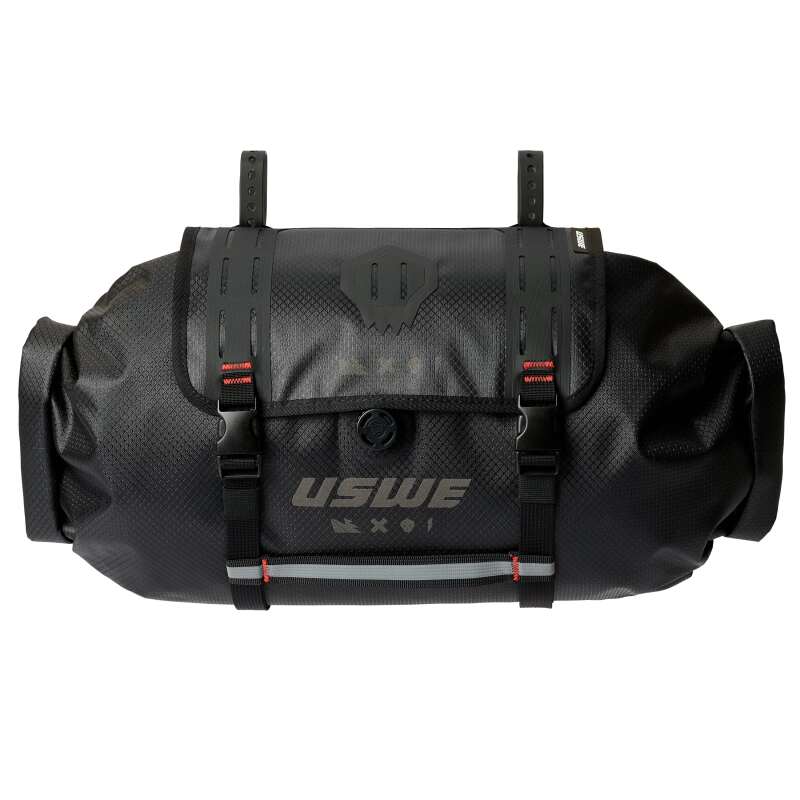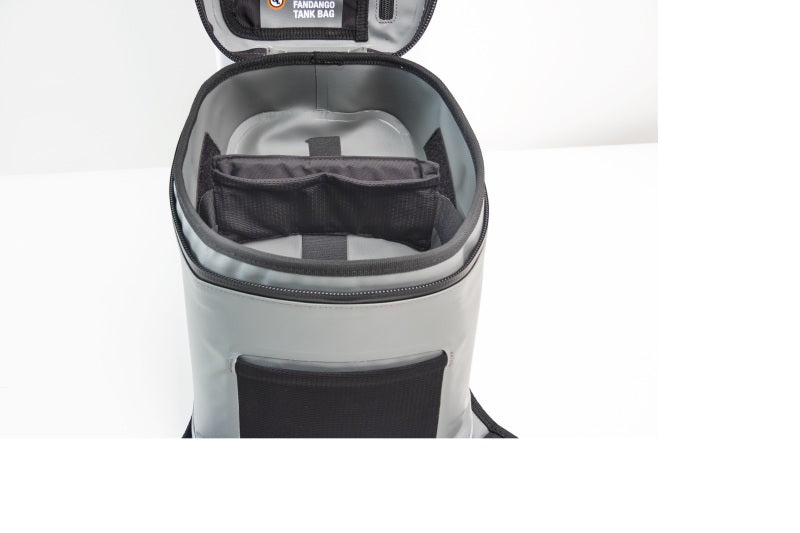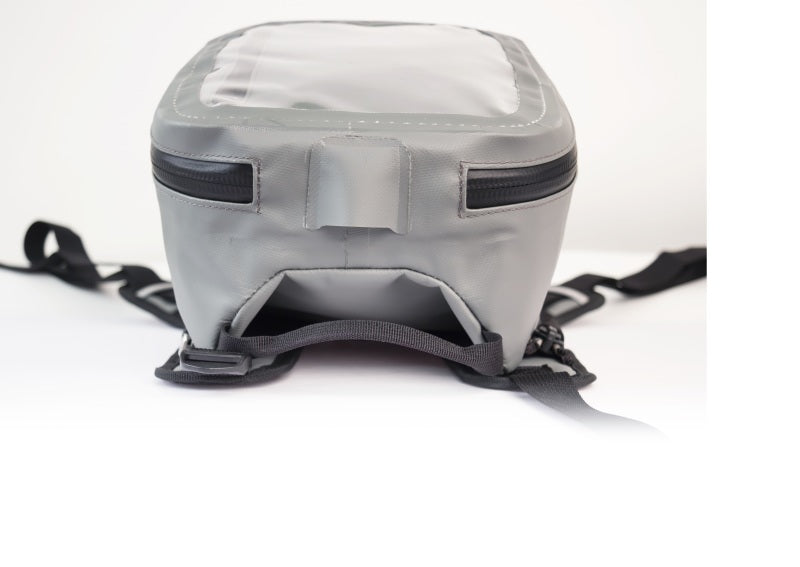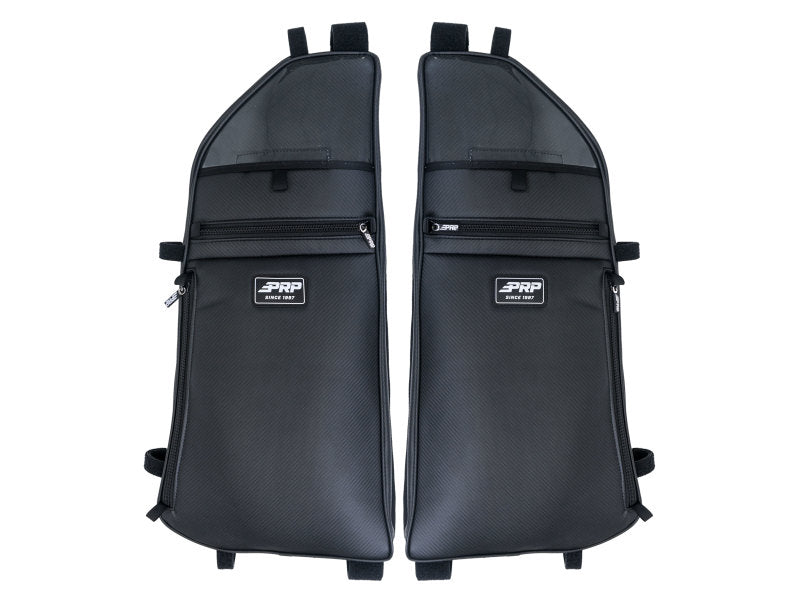When venturing off the beaten path, it's essential to prepare your vehicle for the rough roads ahead. A crucial first step is to choose the right shock absorbers that can handle bumpy terrain and your driving style. This will ensure a smooth ride and maintain control of your vehicle.
To further enhance performance and stability, consider upgrading your springs and lift kit to gain more clearance and improved handling.
Installing heavy-duty sway bars and stabilizers will help you corner better and stay stable on uneven terrain. Don't forget to protect your vehicle's vital components with skid plates, which will shield them from damage.
Finally, equip your vehicle with special tires and wheels that provide good grip, allowing you to stay on course even on challenging roads. With these modifications, you'll be well on your way to creating a vehicle that can move freely and tackle rough roads with ease.
There's still more to learn to make your vehicle truly ready for adventures, but with these essentials in place, you'll be off to a great start!
Key Takeaways
-
Adjustable shocks and monotube shocks enhance vehicle stability on bumpy roads and rough terrain.
-
Heavy-duty coil springs and lift kits improve vehicle performance on tough terrain and prevent scraping.
-
Sway bars and stabilizers contribute to vehicle stability, smoother cornering, and enhanced wheel grip on rocky roads.
-
Skid plates shield vital vehicle components from rocks and debris, ensuring longevity and smooth operation.
-
Upgrading wheels and tires with specialized tires (mud, rock, snow) provides improved grip and traction on challenging terrains.
Choosing the Right Shocks
When you upgrade your off-road vehicle's suspension, you need to pick the right shocks. These shocks have to handle rough terrain and how you drive.
Adjustable shocks are a great choice. They let you adjust the suspension to fit the terrain and your driving style.
Monotube shocks are also a good option. They help keep your vehicle stable on bumpy roads.
Nitrogen-charged shocks are another good choice. They help the shocks work smoothly on rough roads.
If you plan to take your vehicle on long off-road trips, consider remote reservoir shocks. They help keep the shocks cool and working well.
Coil Springs and Lift Kits
To make your off-road vehicle super strong, you need two important things: coil springs and a lift kit. Coil springs help your vehicle handle bumps and rough roads. They act like strong arms that hold your vehicle steady. If you get heavy-duty coil springs, your vehicle will be even better at handling tough terrain.
A lift kit is also crucial. It makes your vehicle sit higher, so you can drive on rough roads without scraping the bottom. Lift kits come in different heights, like 2-4 inches, to fit different driving needs.
When you combine coil springs and a lift kit, your vehicle will be super strong and able to handle tough roads without getting damaged. This means you can drive on rough trails without worrying about getting stuck or damaging your vehicle.
With the right coil springs and lift kit, you'll be able to drive on tougher trails and have more fun off-roading!
Sway Bars and Stabilizers
Now that you've made your off-road vehicle stronger with new coil springs and a lift kit, it's time to add the final touches to keep it stable on rough roads. Sway bars and stabilizers help your vehicle stay in control on bumpy trails.
Heavy-duty sway bars make your vehicle turn corners better and keep it from swaying too much when driving on uneven roads. But when you're driving on really tough terrain, you might want to disconnect your sway bars. This lets your wheels move more freely, giving you better grip on rough ground.
Sway bars and stabilizers help in three big ways:
They keep your vehicle stable on rocky roads and trails.
They help you turn corners more smoothly.
They let your wheels move more freely to grip the ground better.
Protecting Your Vehicle's Belly
When you take your off-road vehicle on a wild adventure, rocks and debris can hurt it badly. That's why you need special shields called skid plates. They're made of strong materials like steel or aluminum. These shields take the hit, so your vehicle doesn't get damaged.
They protect important parts like the engine, transmission, and fuel tank. Without skid plates, your vehicle can get hurt, leaving you stuck in the middle of nowhere. Skid plates keep your vehicle safe, so you can go on exciting adventures without worrying.
They help your vehicle last longer and run smoothly. By getting skid plates, you're taking care of your vehicle and your own safety. Don't go off-roading without them – your vehicle will be glad you did!
Upgrading Wheels and Tires
When you drive on rough roads, you need special wheels and tires to keep you safe and in control. Regular tires aren't good enough for tough off-road adventures.
You can get tires for specific kinds of off-road fun, like:
-
Mud tires: These have big blocks on the bottom that help you grip in mud and slippery stuff.
-
Rock tires: These have strong sides that protect against sharp rocks and help you drive on rocky roads.
-
Snow tires: These have special grooves that help you grip on icy and snowy roads during winter.
You can also get a lift kit to make your car higher off the ground. This helps you drive on really rough roads.
Don't use regular tires that can't handle tough terrain. With new wheels and tires, you can drive on rocky roads, through mud, and more!
Articulation and Flexibility Matters
When you drive on rough trails, your vehicle's suspension system helps you stay in control. Two important things that make this happen are articulation and flexibility. Articulation means your vehicle's wheels can move up and down on their own, which helps them grip the ground better.
Flexibility helps your wheels stay on the ground, even on bumpy terrain. Think of it like this: when you're driving on a rocky road, your wheels need to be able to move up and down to stay in touch with the ground. That's where flexibility comes in. It helps your wheels stay on the ground, so you don't slip or lose control.
You can make your suspension system better by adding special parts, like sway bar disconnects. These parts let your wheels move more freely, which helps you stay in control on rough trails.
With better articulation, you'll be able to drive on tough trails more easily and safely. You'll be less likely to get stuck or damaged. By making your suspension system better, you'll be able to tackle tough trails with confidence.
Frequently Asked Questions
Does Off-Roading Damage Suspension?
You're right to wonder, does off-roading damage suspension? Yes, it can, as rough terrain puts extra stress on shocks, struts, and springs, leading to bent or broken components, reduced shock absorption, and misalignment issues.
Why Are Off-Road Vehicles Bad for the Desert?
You're impacting the desert ecosystem when you take your vehicle off-road, causing soil erosion, spreading invasive species, and disrupting wildlife habitats, which can lead to long-term damage and harm to native species like desert tortoises and burrowing owls.
What to Do Before Going Off-Roading?
Before going off-roading, you'll want to inspect your vehicle's suspension, checking for wear and damage, and consider upgrading to heavy-duty shocks and struts to guarantee a smooth, safe ride on rough terrain.
What Is the Suspension on an Off-Road Vehicle?
You're curious about the suspension on an off-road vehicle - it's a system of springs, shocks, and components designed to absorb impacts, provide stability, and maintain control while driving on rough terrain.





